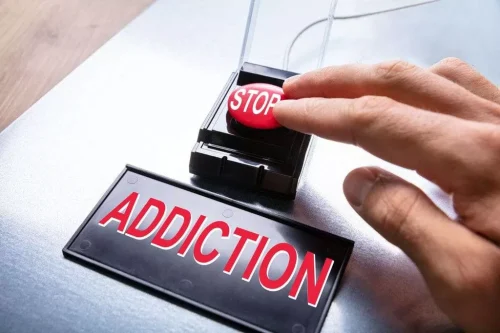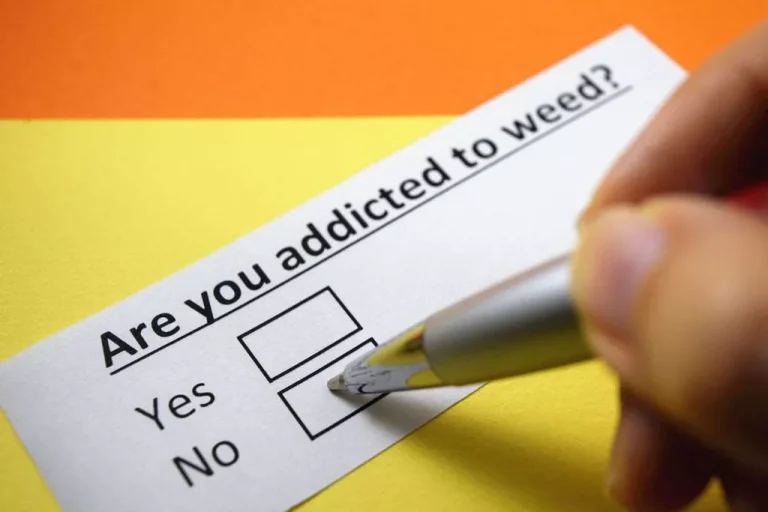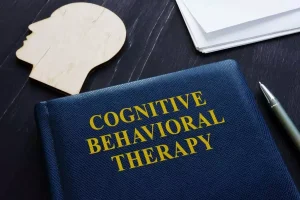

It affects the brain’s reward system, leading to an overwhelming desire for the substance and difficulty in controlling its use. Common types of addiction include alcohol, drugs (such as opioids, cocaine, or methamphetamine), nicotine, and gambling. While a drug addict generally has good – or at least understandable – intentions when they’re lying to cover up their addictions, this can be dangerous for a relationship. While they may intend to simply avoid hurting you, or they may want to feel free to use drugs without being judged or causing concern, the cycle of habitual lying can lead to problems elsewhere in the relationship. All of these things could suggest that your partner is using drugs; however, it’s important not to make any assumptions.
This means that they will generally struggle to hold an intimate relationship with themselves. When things get intimate in a relationship – when issues such as emotional health, past traumas, caretaking, compassion, and similar things arise – drug addicts may not know how to respond properly. This isn’t due to willful ignorance – it’s because they lack the faculties to address these things in themselves. In most cases, people who are truly intimate with themselves aim to be healthy and happy without the aid of substances. Drug addicts who begin to understand themselves emotionally and intimately tend to make an effort to avoid using drugs.

More than 70% of patients treated for substance abuse disorder have had a history of trauma. During early recovery, it is generally not advisable for two recovering addicts to be in a romantic relationship. Both individuals need to focus on their own healing and stability before introducing the complexities of a romantic partnership. It is best to avoid dating someone from the same support or recovery groups to maintain the focus on personal recovery.
These resources provide a safe and supportive space for individuals to openly express their emotions, gain valuable insights from others who have gone through similar experiences, and learn effective coping strategies. Professional help and support loving an addict from experts like Lantana Recovery are crucial in improving trust and communication. Therapy provides a neutral and supportive environment for both partners to address underlying issues, develop healthier communication patterns, and rebuild trust.


Darlene Lancer, JD, MFT, is a licensed marriage and family therapist and an expert and author on relationships and codependency. Initial attraction stirs up neurotransmitters and hormones that create the excitement of infatuation and a strong desire to be close and sexual with the person. These chemicals and our emotional and psychological make-up can cause us to obfuscate reality and idealize the object of our attraction. By incorporating individual self-care and self-reflection practices, you can navigate the challenges of being in a relationship with an addict with resilience and clarity. Enabling an addict refers to behaviors or scenarios where you’re removing consequences from the behaviors of the addict.
There is no easy, single answer, but researchers believe it comes down to a combination of genetics, trauma from childhood, and other psychiatric problems, such as anxiety, depression, and bipolar disorder. By the time a person is addicted, their behaviors are conditioned, and the brain changes that have occurred make stopping seem like an impossibility. The grieving process for the relationship as they thought it was has taken place, and partners enter into a sense of emotional stability. If the partner chooses to remain in the relationship, it is because the addict is following a solid program of recovery. Shock is characterized by periods of numbness and avoidance, and periods of conflict. Very powerful feelings of anger, resentment and hopelessness can arise, as well as feelings of tremendous self-doubt.

This is a very normal, yet painful stage to go through, and gathering the support of other partners as well as a therapist can be crucial to help the partner through this difficult time. A substance user stopping drugs or alcohol has to get to the root cause of the behaviors that lead to the addiction. It’s common to want our romantic partners to feel loved and appreciated.
In fact, many drug users may have difficulty managing their emotional health – especially in a relationship. In this article, we’re going to discuss how drug addicts behave during relationships. If you’re already aware that your partner is struggling with an addiction, this can help you understand why your partner behaves the way that they do. First, you will need to separate yourself, both physically and emotionally. During this time, it’s important that you find a strong support system because you will need it.
Both can involve dysfunctional behaviors, a lack of trust, and emotional and physical abuse. Addicts may engage in lying, manipulation, and abusive behaviors within their relationships to protect their addiction. Addressing the toxic dynamics and addiction is essential to create a healthier relationship.
Emotional turmoil and codependency often affect individuals in relationships with addicts. Being in a relationship with an addict can lead to overwhelming emotions, such as sadness, anger, and frustration. Codependency develops in these relationships, where one person relies too heavily on the addict for validation and self-worth. This codependency can enable destructive behavior and make it difficult to set boundaries. Navigating a relationship with an addict can be a tumultuous journey filled with unique challenges. From the emotional rollercoaster of codependency to the strains on trust and communication, and even the complicated web of financial and legal issues, it’s crucial to have a clear understanding of these obstacles.